|
When our youngest daughter saw the trailer for this movie, she jokingly asked us if we were being paid any royalties for our story being used in film. Since this movement began over 45 years ago, I would like to give my perspective on it as one of so many who lived through it and was changed forever. The “Jesus Revolution” movie is a great movie. This is not a cheesy, idealized Christian movie that leaves you thinking, “Does anyone really live and talk like that?” Compared to other movies, it was very well done. For believers, it carries a very moving message about God doing what He wants, when He wants, with whom He wants. And just like the people we love from Scripture, the Jesus Revolution was glorious, life-changing, and messy. Since it was taken from Greg Laurie’s book of the same name, Jesus Revolution focuses on what happened in Southern California. Because Linda and I were there, and in many other places where this was happening simultaneously, I think it is important to know that this same thing was happening in over two dozen cities/regions across the country at the same time, including the first Asbury outpouring in 1970. But there were no cell phones, internet, social media or 24-hour news channels. None of us knew it was happening in other places. Up and down both coasts. Throughout the Midwest. Even Alaska. Later, we found that it was also happening in several European countries. As people felt led to travel, news spread quickly that we were not alone in what we were experiencing but that it was indeed becoming a worldwide movement. This is what Billy Graham saw and caused him to declare, “This is truly a Jesus revolution!” I was the “house pastor” of Harmony House, a Jesus commune in Illinois, when I was only 18 in 1968. A business man had a radical “Damascus road” encounter with Jesus and opened his house every night to any who wanted to talk about the Lord. Soon the house was packed every night with “hippies,” rich kids, runaways, and nerds. The large basement was turned into tiny bedrooms and many of us moved in. We started King’s Training Center in 1971 to teach many of these passionate “Jesus Freaks.” Many of those young people became ministers and have now spent their lives as pastors and missionaries. Now we are all old. Linda and I wept in several parts of the Jesus Revolution as deeply moving memories flooded back. Our band, the King’s Children, played and ministered in that big Calvary Chapel tent and dozens of “Christian coffeehouses” as we traveled around the country in painted “Jesus buses.” Lighterside of Darkness, The Fishnet, Fire Escape, Agape House, His Place, His House, Resurrection House, Love Inn, Potter’s House, and hundreds more in small towns and large cities. -RACISM IN THE FIRST CENTURY CHURCH-
First century Jewish believers were “Spirit-filled,” yet they were still so racist, they refused to share the Gospel with Gentiles for over 10 YEARS after Pentecost! The apostles were still fighting about whether Gentiles could be saved in Acts 15, a dozen years after Jesus said “Go to the whole world.” They didn’t “go,” they were pushed out by persecution. (Acts 8:1) Clearly weaknesses like these and the tendency to categorize people, even Christians, hadn't changed much by the time hippies came off the street and flooded into churches in the 70s and it still exists today. We should be eternally grateful that we have a “High priest who understands our weaknesses.” (Heb. 4:15) Because we all have them! -LONNIE FRISBEE- Lonnie Frisbee played a major role in the movie, as well he should. Lonnie was very important in Southern California during those early days. He was a sincere, naive young hippie who, in his simplicity, was used by the Lord in far more amazing ways than portrayed in the movie. And, he struggled with weakness, just like Abraham, Moses, David, Peter, Paul and all of us, if we will admit it. Lonnie was not only used by the Lord, he was used by many leaders but fathered by none. It is sadly true that he was “used up and thrown away.” Though he was very instrumental in the starting of Calvary Chapel churches, Vineyard, and several other church networks in Europe and Africa, virtually all of them refused to acknowledge his contribution and literally wrote him out of their official history. When given the chance to mention Lonnie’s huge contribution to the Vineyard churches in his book “Power Evangelism” John Wimber refers to Lonnie as simply ”a young man.” Nothing more. These leaders were not bad people. They just all had their weaknesses and one of them was pride. They didn’t want to be embarrassed by Lonnie’s weakness. You wouldn’t know it from the movie but Chuck Smith had a son who was also a pastor but didn’t agree with how Lonnie was treated. So they just didn’t put his character in the movie. For a much better understanding of Lonnie’s impact and struggles, you might want to watch, “Lonnie Frisbee- the Life and Death of a Hippie Preacher.” He was more committed to Jesus than many gifted people but he never, ever used his gifting to get money like so many others. And, he struggled with a weakness, a sin, that even today, many believers view as far worse than their own weakness. His struggle with same-sex desires was a continual battle until he went to be with Jesus in 1993. Lonnie died from aids. None of this detracts from the powerful impact of the movie!! It makes it far more real. And it should help us all understand that God uses people just like us, with all our different hang ups and weaknesses. Life should be all about Him and the movie makes that very clear. “We have this treasure in jars of clay to show that this all-surpassing power is from God and not from us.” 2 Cor 4:7
3 Comments
|
AuthorMark Drake is an internationally known author, teacher and leader. He focuses on equipping leaders around the world in New Covenant Grace. Archives
July 2024
Categories |
Ministry Office Locations – St. Louis, Missouri, USA : : Anchorage, Alaska USA : : Penang, Malaysia
Entire contents of this site ©2017 Mark Drake International. All rights reserved. / Mark's branding, creative and website donation by W.A.Latocki > LATOCKI.com / How can you help?

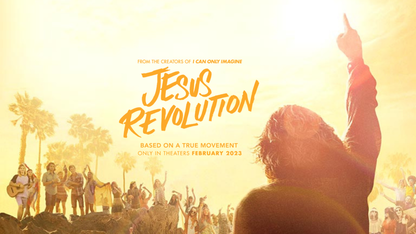
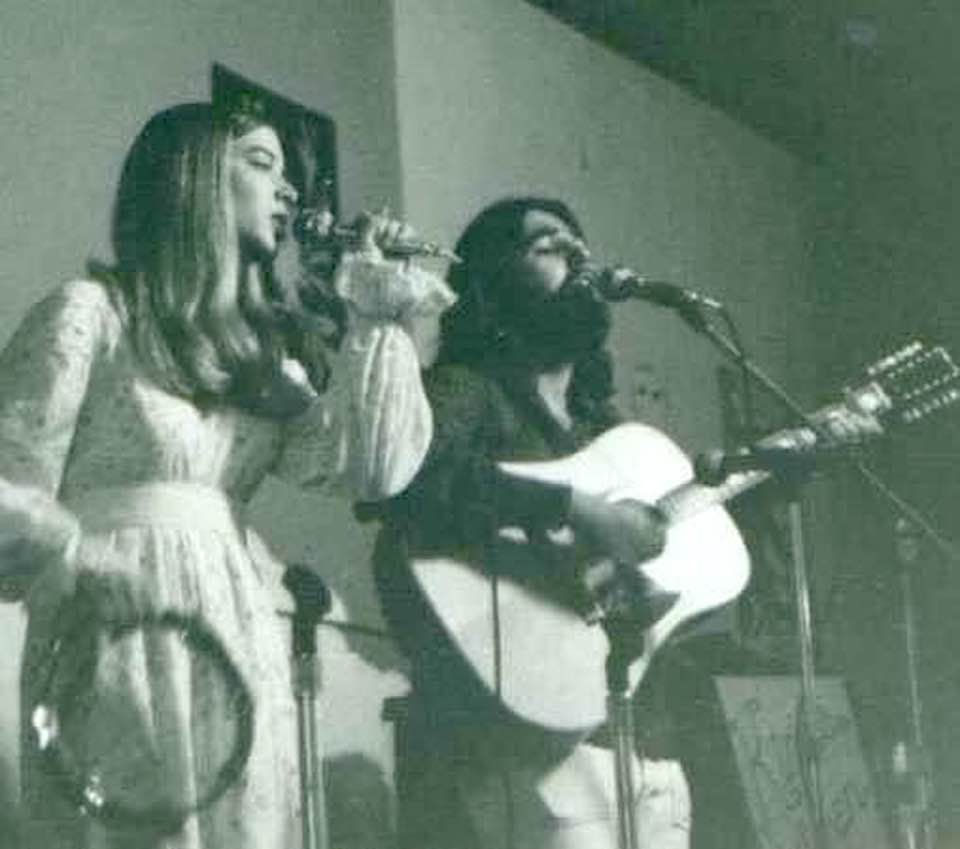
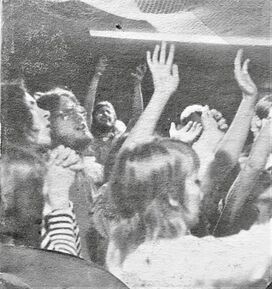
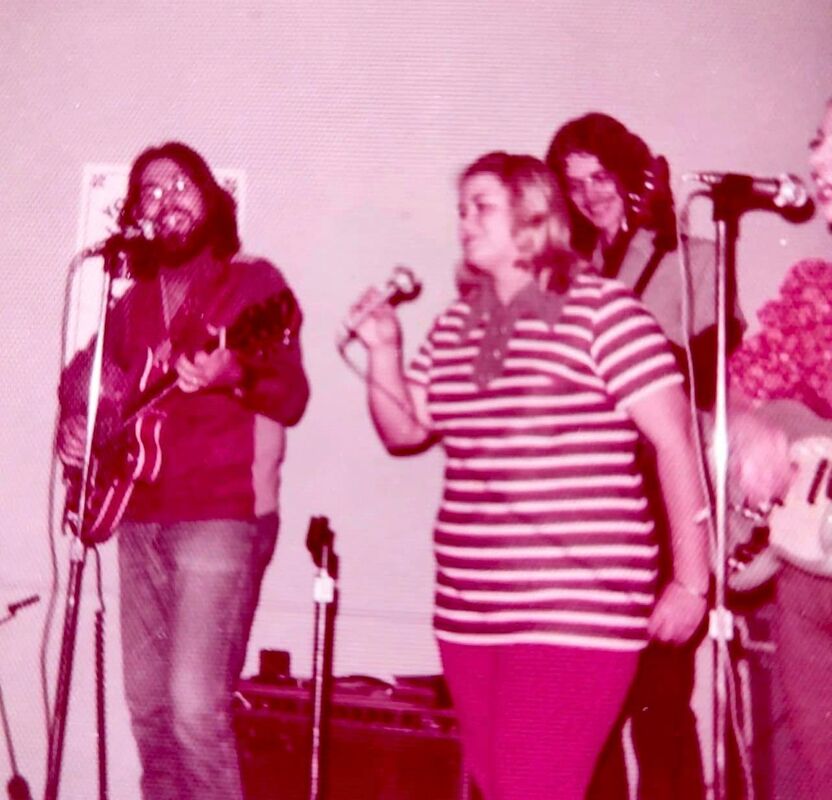
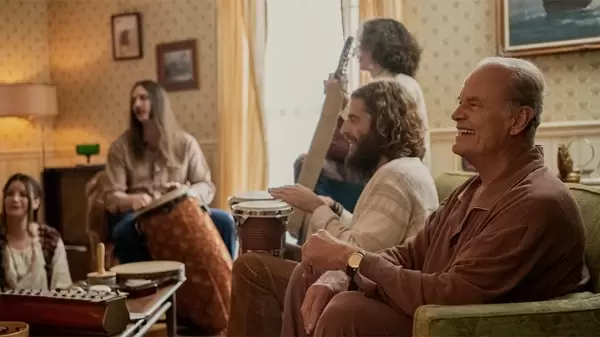
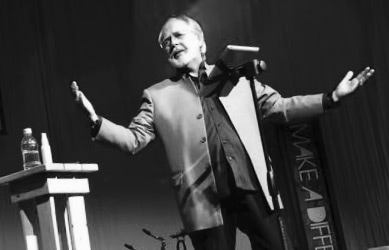
 RSS Feed
RSS Feed
